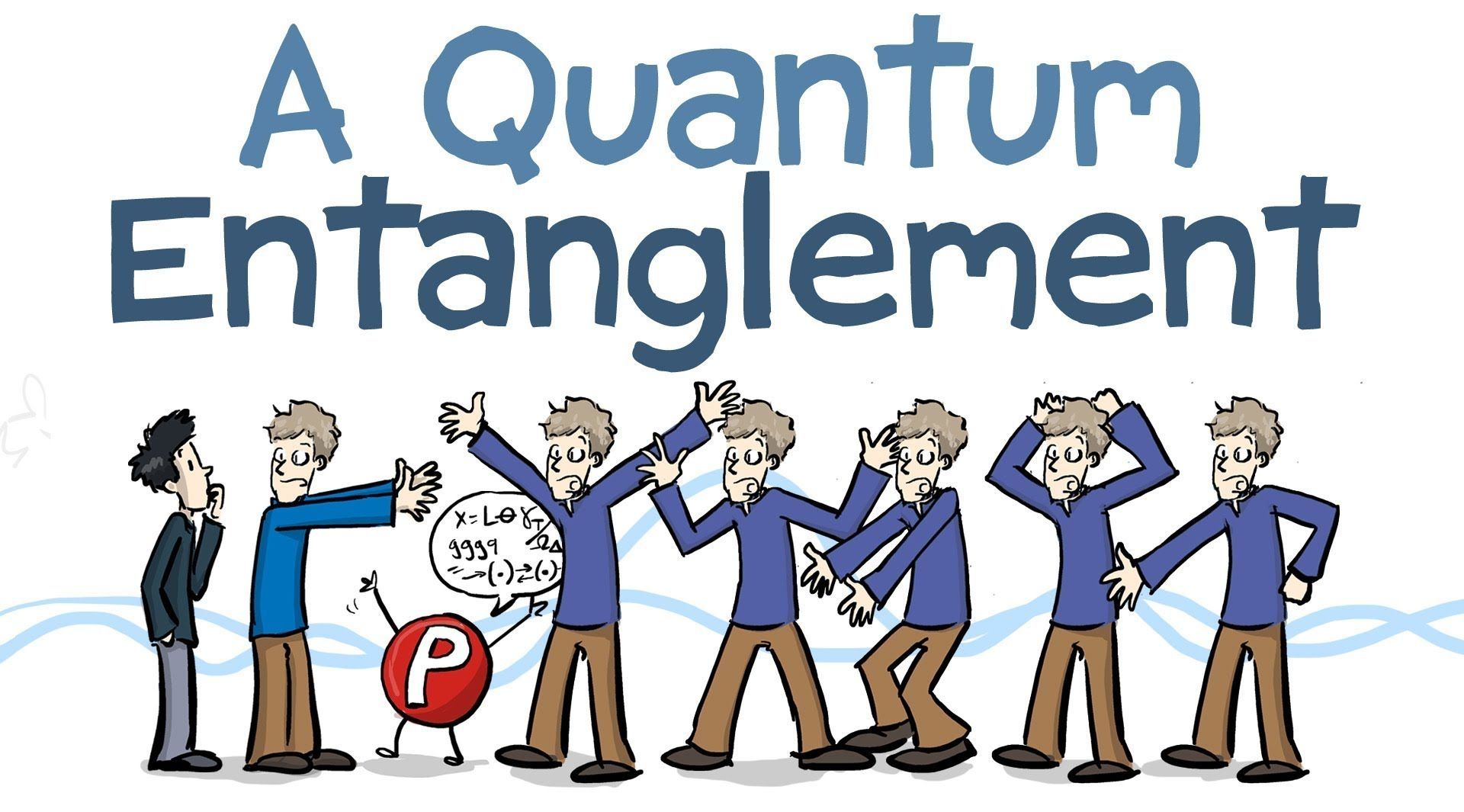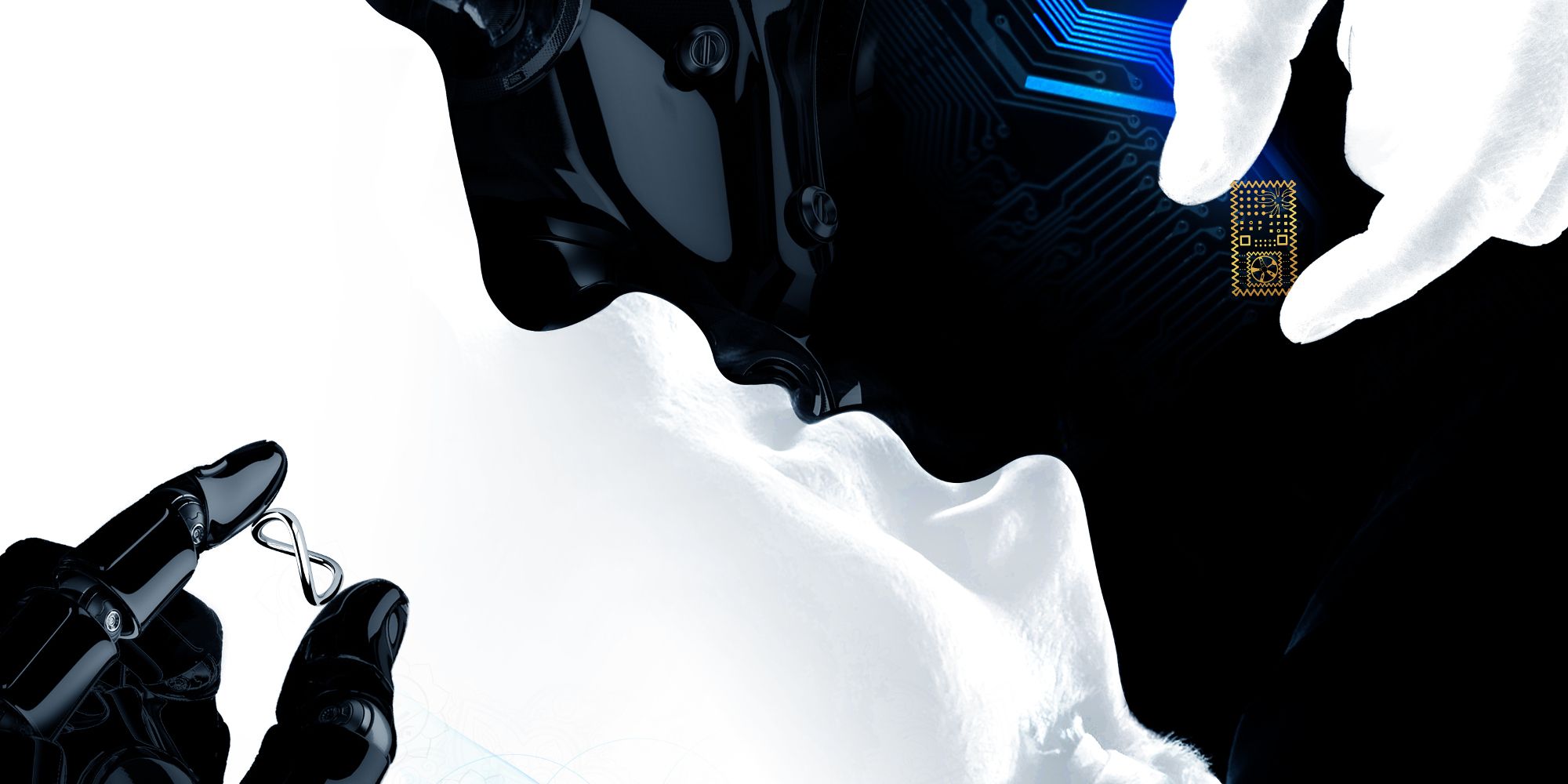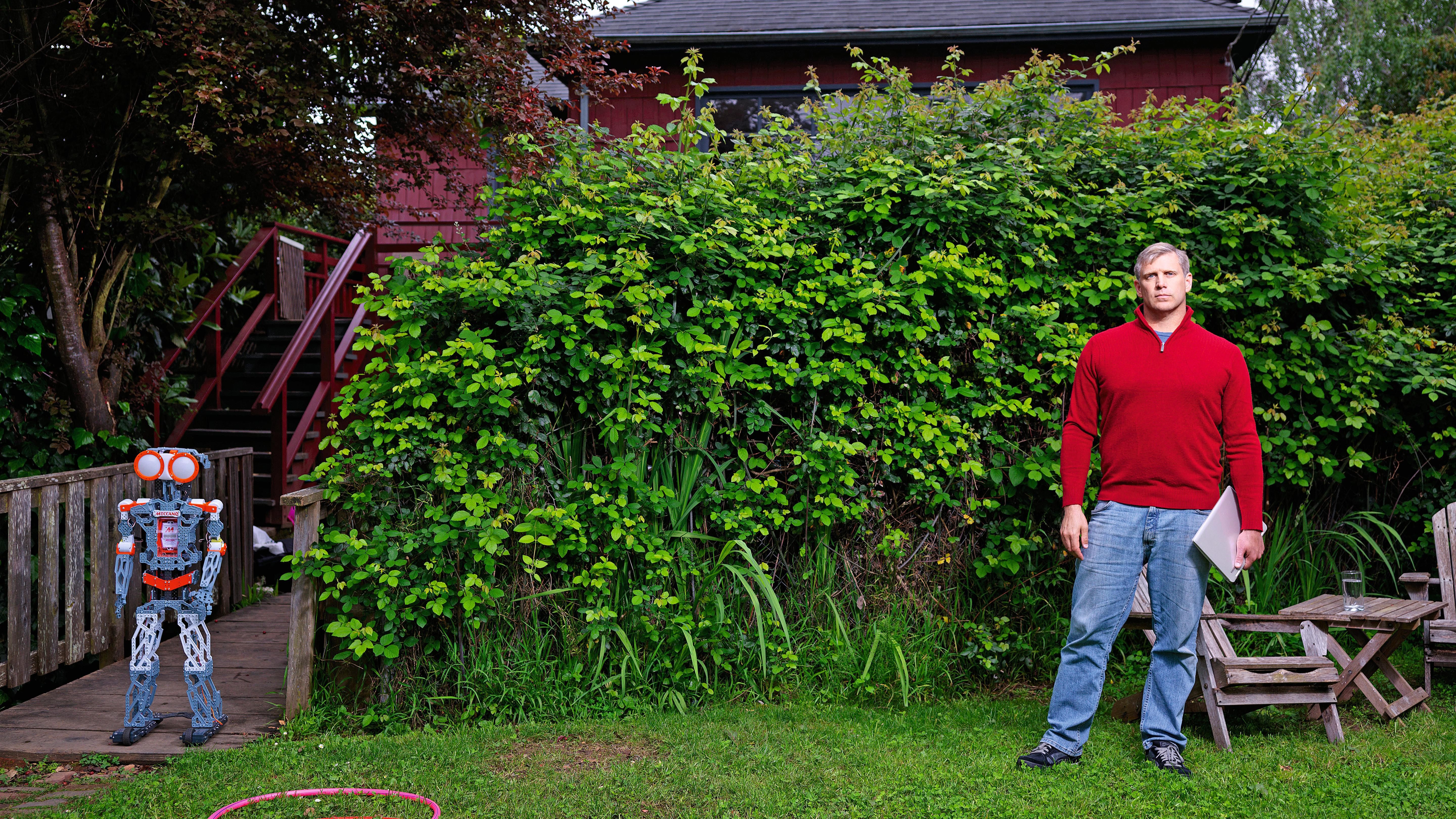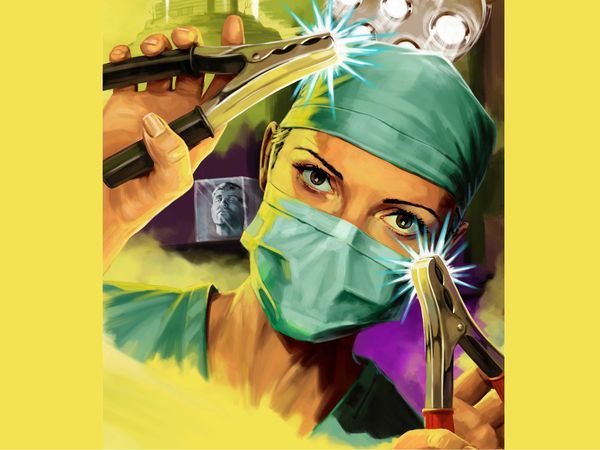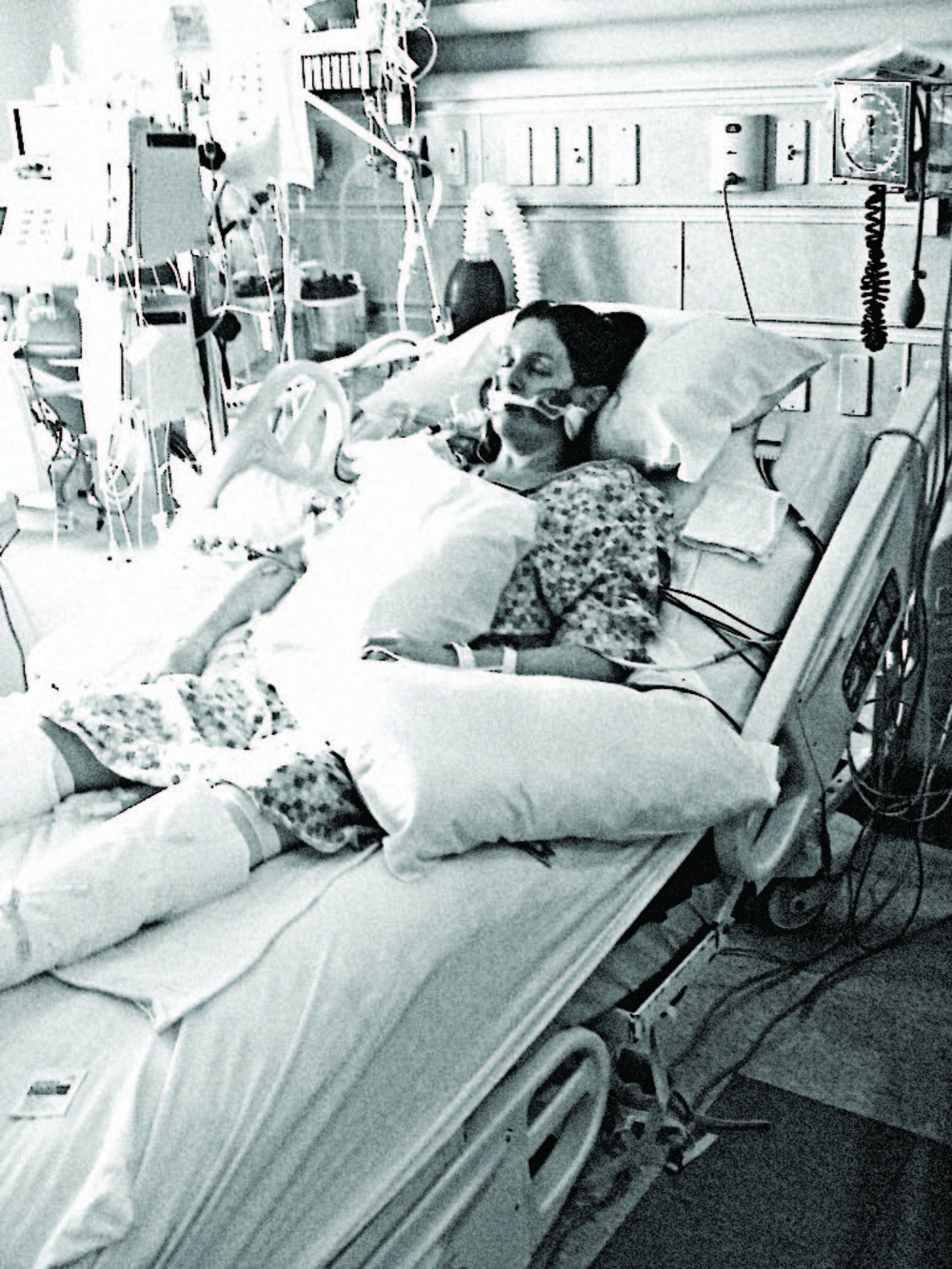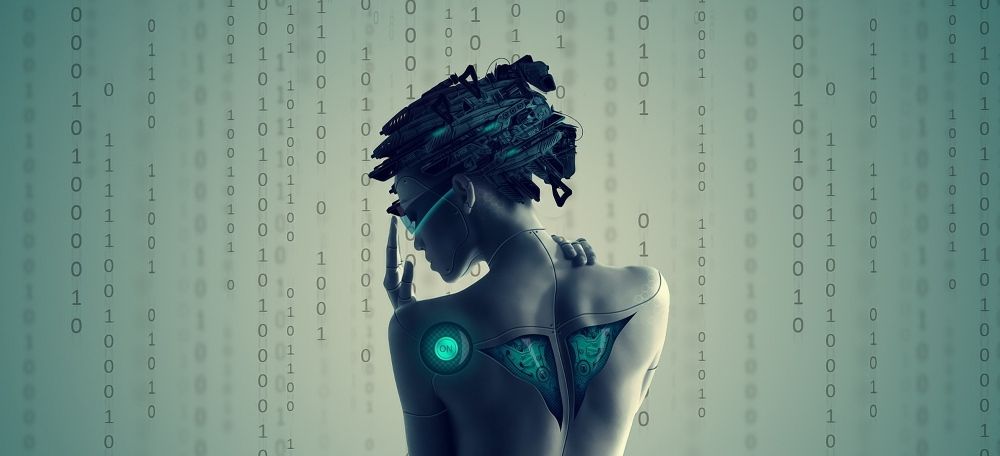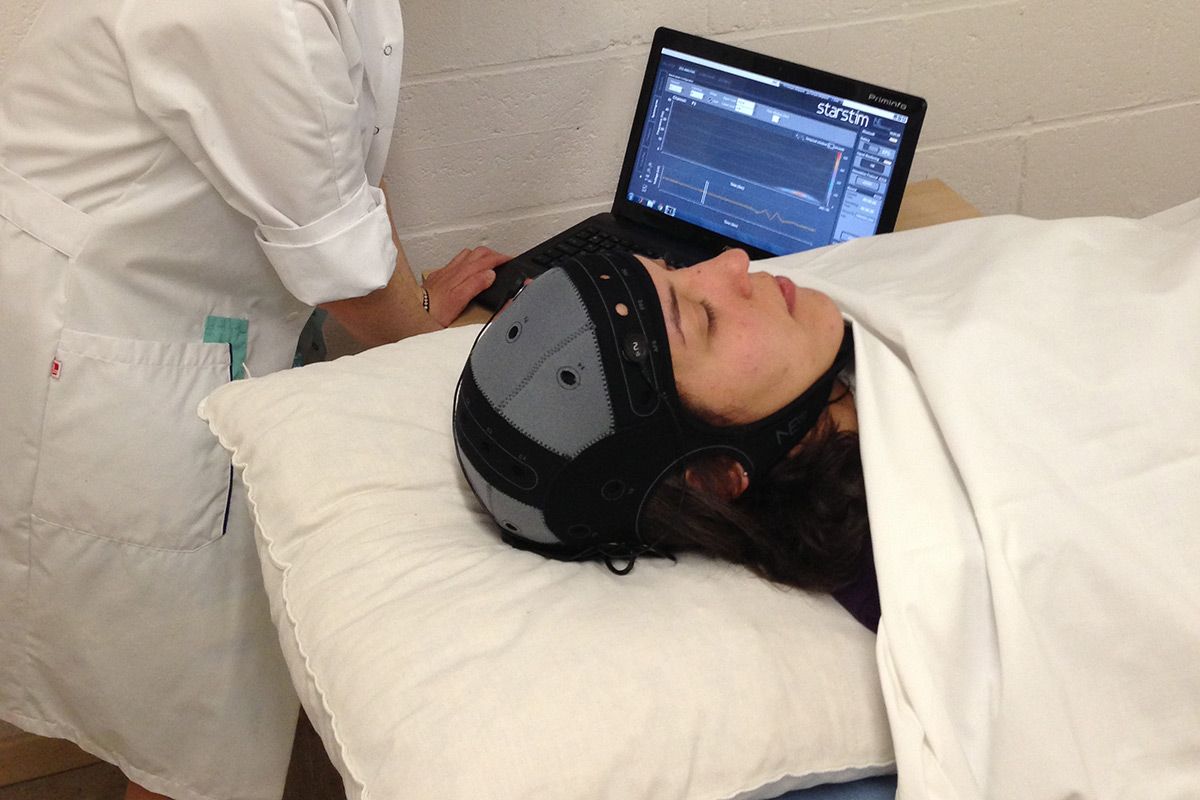Jul 31, 2017
Scientists Have an Experiment to See If the Human Mind Is Bound to the Physical World
Posted by Shailesh Prasad in categories: computing, neuroscience, quantum physics
Theoretical physicist Lucien Hardy is pushing wants to push the boundaries of quantum physics by performing a Bell test using humans as links. This could potentially shed light on the existence of human consciousness and just what it is made of.
Perhaps one of the most intriguing and interesting phenomena in quantum physics is what Einstein referred to as a “spooky action at a distance” — also known as quantum entanglement. This quantum effect is behind what makes quantum computers work, as quantum bits (qubits) generally rely on entanglement to process data and information. It’s also the working theory behind the possibility of quantum teleportation.
